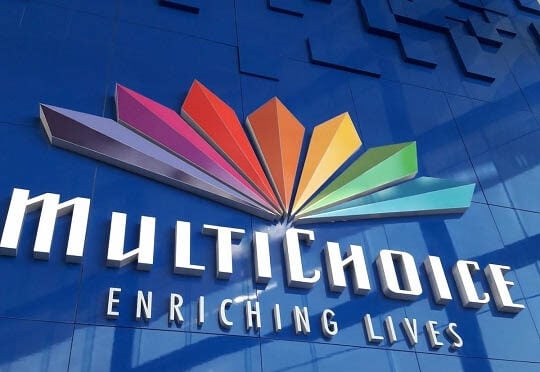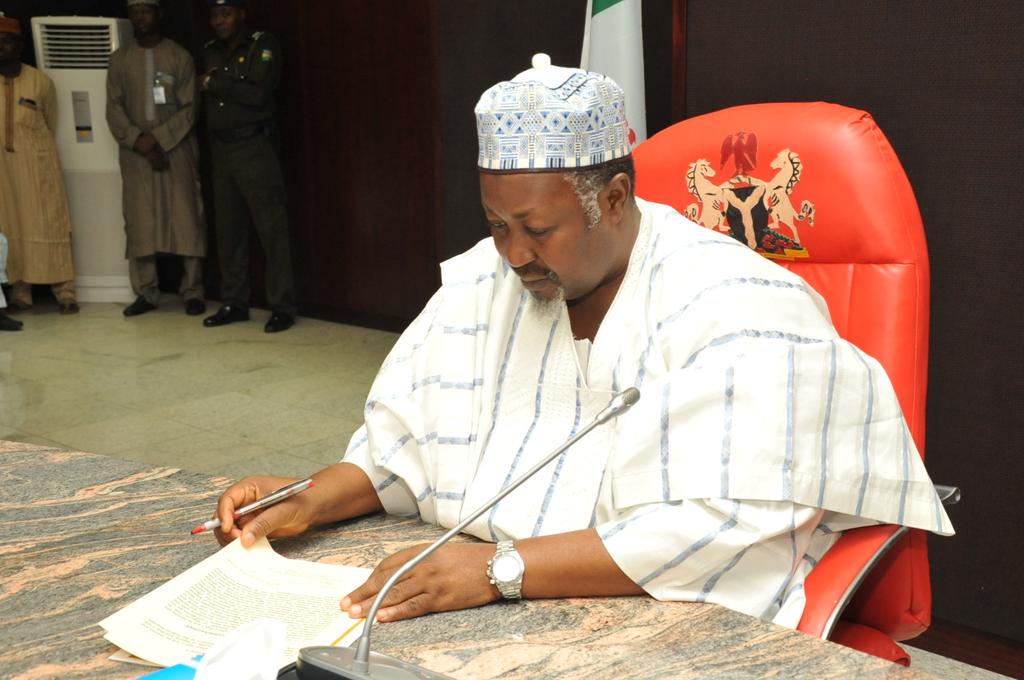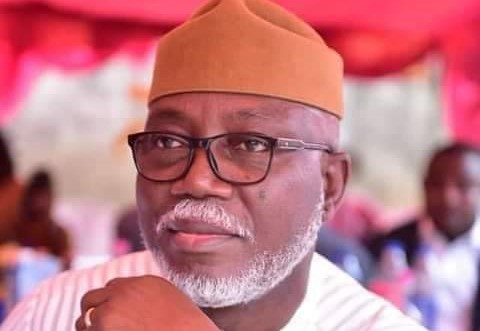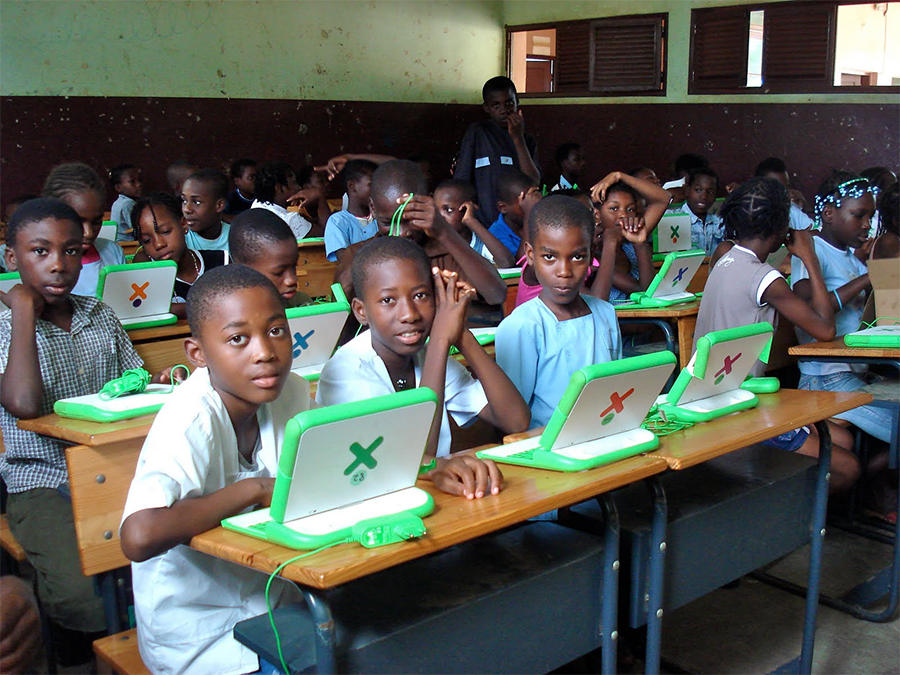BY MATTHEW ABANIKANDA
When, in February, Nigerian Breweries (NB) Plc announced an upward review of prices of 45 products, a beer-loving friend of mine said: “The last hope of the common man is under threat.” He was, of course, not talking about the judiciary, but beer.
His remark, laced with typical Nigerian levity to dilute impact of bad news, was one of real wit. The threat to the common man’s last hope has since increased, with NB also adjusting prices in March and April to make it a hat-trick in three months. The company attributed the price reviews to “rising input costs and the need to mitigate the impact”.
In March, streaming giants, Netflix, announced a review of its pricing in Nigeria with effect from 1 April. The video streaming raised the price of its Standard Plan to N4000 from ₦3,600, with the Premium Plan rising to ₦5,000 from ₦4,400 and the Mobile Plan moving to ₦1,600 from N1,200.
Earlier, International Breweries, bottlers of Hero and Trophy lager brands, increased prices across its product portfolio, citing “escalating costs impacting our business” as the cause. Another brewing giant, Guinness Nigeria Plc, announced a new price structure, which kicked in a few days ago, citing leaping costs of production and of that of doing business.
The economic realities are not hidden from anybody. Inflation, according to the National Bureau of Statistics (NBS) rose to 33.20 per cent in March from 31.70 per cent in February. Food prices, which have been leaping since the removal of subsidy on petroleum last year, with food inflation now standing at 40 per cent. The price of a 50kg bag of rice zoomed from N62,000 to N90,000 within weeks.
Advertisement
The impact of subsidy removal on transportation costs has been huge and is a huge factor in food prices changing almost weekly, with prices of some items changing on a per-purchase-basis. In December, 12.5 kg cylinder of cooking gas, which cost N9,000-N10,000, now costs N15,800.
Healthcare is similarly impacted, with prices of medications shooting through the roof. According to SBM Intelligence, an organization that specializes in providing clarity on political, economic, and social issues in Nigeria and West Africa, the prices of anti-hypertensive have increased by as much as 160 per cent. Ampiclox, the popular antibiotic, recorded a staggering price increase of 1,390 per cent, while the anti-malarial, Lonart DS, recorded a price increase by 110 per cent.
Last year, cab service providers, Uber and Bolt, made significant adjustment in prices in response to fuel subsidy removal. Also, last year, pay television companies, StarTimes and MultiChoice Nigeria, twice made price adjustments last year, following the 40 per cent devaluation of the naira and fuel subsidy removal
At every point, costs are climbing. School fees at all levels, including those of federal government-owned universities, have gone up. The University of Ibadan recently raised fees for freshers to N230,000 and N412,000, depending on the course of study, from N64,000 and N69,000 paid last year. The fee hike, already posted on the institution’s portal, equals 453 per cent and 750 per cent increase. Recently, too, electricity tariff for a certain class of consumers also went up from N66 to N255, a 300 per cent hike. Prior to the recent hike, they have been rising progressively to public anger, which is hardly expressed with clenched teeth and dissipates quickly despite the worse than dire supply by power companies.
My pocket, like that of every consumer, is hurting and I would have prices remain the same. I suspect that providers of goods and services would want the same as they will have more people with disposable income for their goods and services. Price freezes, however, are impossible because economic dynamics never stay the same. Consumers of all goods and services have adjusted to that fact. I take that back, as there is an exception.
Advertisement
That exception is MultiChoice which, for reasons that elude this writer, is thought to have no right to raise prices when local economic dynamics change. A price adjustment exercise effected in 2015 sparked not just social media anger and campaign for the television company’s services to be boycotted, but litigation. Two lawyers, Osasuyi Adebayo and Oluyinka Oyeniji, filed a class action suit challenging a 20 per cent increase in MultiChoice’s subscription rates before a Federal High Court in Lagos. The lawyers sought an order restraining MultiChoice from effecting the new rates. But Justice Chukwujeku Aneke dismissed the suit, stating that the lawyers were not obliged to remain subscribers.
A similar attempt to challenge MultiChoice’s right to charge market-reflective tariffs via the Competition and Consumer Protection Commission Tribunal met the same fate in 2022. The panel tribunal headed by Mr. Thomas Okosun, in its judgement, dismissed the suit which was filed by a legal practitioner, Mr. Festus Onifade, a lawyer, on behalf of himself and the coalition of Nigerian consumers, as lacking in merit. In 2023, the year federal universities increased fees and levies, the National Association of Nigerian Students (NANS) threatened to picket MultiChoice offices, a threat-bizarrely-not made to universities, which increased fees and levies.
I am unable to remember what other private business has been taken to court for charging what it deems appropriate for what it provides. Hotels? Bars? Hospitals? Nursery and secondary schools? Universities? Pharmacies? Not one of these has, to the best of my knowledge, been dragged to court for adjusting fees, prices or tariff. I have also never heard of government organs issuing instructions to Nigerian Breweries, Guinness, Transcorp Hilton or Baze University on what to charge for their products or services.
That, bizarrely, is not the case of MultiChoice, which is singled out for something close to crucifixion, whenever its tariffs change. In 2020, Dr. Armstrong Idachaba, the then acting Director-General of the National Broadcasting Commission (NBC), ordered MultiChoice to suspend its implementation of new tariffs that year. Idachaba was either unconscious of the fact that the NBC does not have powers over pricing or just wanted make the National Assembly happy, as he was addressing an ad-hoc committee of the House of Representatives.
Advertisement
The National Assembly (NASS), undoubtedly, is the most one-eyed government organ involved in this saga, with both chambers seemingly competing to win the affection of Nigerians by pretending to fight their corner. Each of the chambers has held numerous public hearings into “arbitrary price hikes” and pay-per-view model. It has issued countless resolutions (of course, impotent), ordering MultiChoice not to increase prices. It says nothing to StarTimes, Nigerian Breweries, owners of private universities, auto dealers et al. It is only MultiChoice’s prices that send the National Assembly into what, in reality, is performative outrage. Even outraged customers do not, as evidenced by X (formerly Twitter) conversations, that NASS members are fighting for them. The predominant belief is that NASS members want to be bribed by the television company.
The 8th Senate, under Dr Bukola Saraki, issued held a public hearing and issued a resolution. In September 2022, the 9th Senate held one. The House of Reps does it for fun and in 2021, had one of its members, Unyime Idem, sponsor a bill aimed at giving the NBC the sole power to decide pay television tariff. The bill, according to media reports, sought to amend Section 2(1) of the principal legislation to read that the NBC, will “regulate and review through its broadcasting codes, the tariff being charged by the Digital Satellite Television Services and other broadcasting outfits in Nigeria and subscription policy for subscribers”.
The House is obviously not conscious of the local economic environment, understandably. They trouser obscene salaries/allowances for working almost part-time and cruise around in expensive autos in total disregard for parlous state of government resources. They are not interested in the cost of doing business in the country. The NASS frequently gets the support of freelance protest entrepreneurs such as the Association of Telephone, Cable TV and Internet Subscribers of Nigeria (ATCIS) and former presidential aide, Okoi Obono-Obla, who call for boycott of MultiChoice services. You can expect them to jump on the bandwagon soon.
It is nice to have people fighting for consumers, but the question to ask is: why is MultiChoice the only business, whose pricing attract such concerted action. StarTimes, increased prices by 22 per cent in September 2023 after doing same in April of the same year. The pay television company was left to carry on by the National Assembly, NBC, ACTIS, NANS and people like Obono-Obla. The three increases by Nigerian Breweries Plc within three months, those carried out by International Breweries earlier this year, by Uber and Bolt and by Seven-Up Bottling Company last year were all met with indifference.
Advertisement
Food sellers, transport operators, pharmaceutical stores and private schools and hospitals, which have all increased prices in response to changing economic situations do not attract concerted action. What exactly is the matter, given that the service it sells is no fundamental human right?
Abanikanda writes from Lagos
Advertisement
Views expressed by contributors are strictly personal and not of TheCable.
Add a comment





